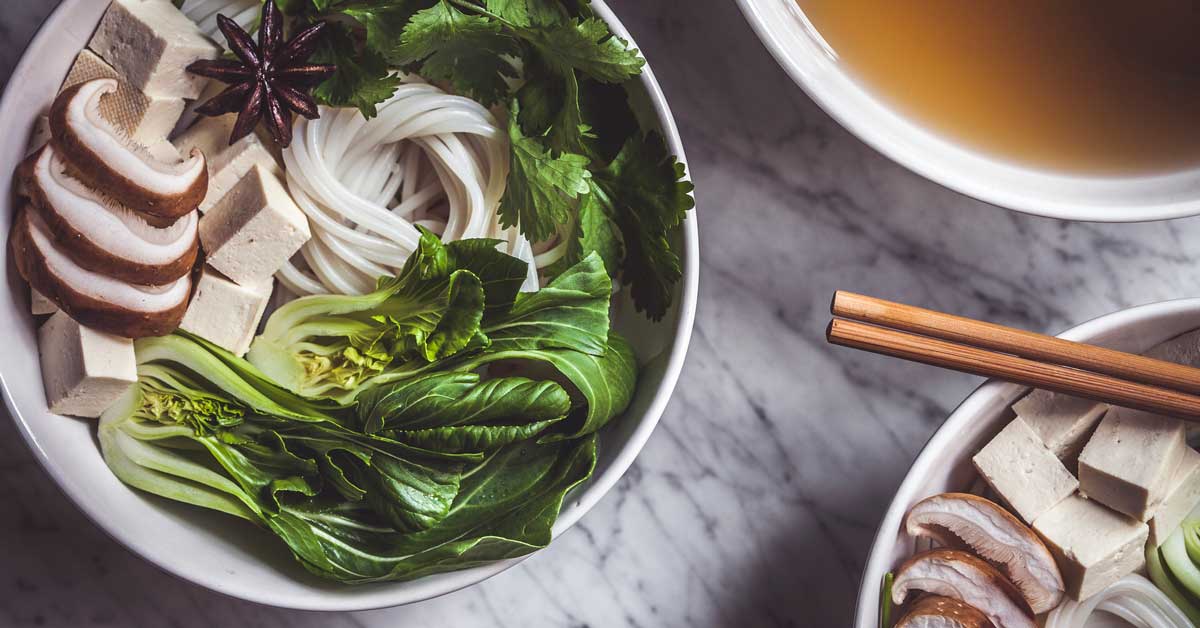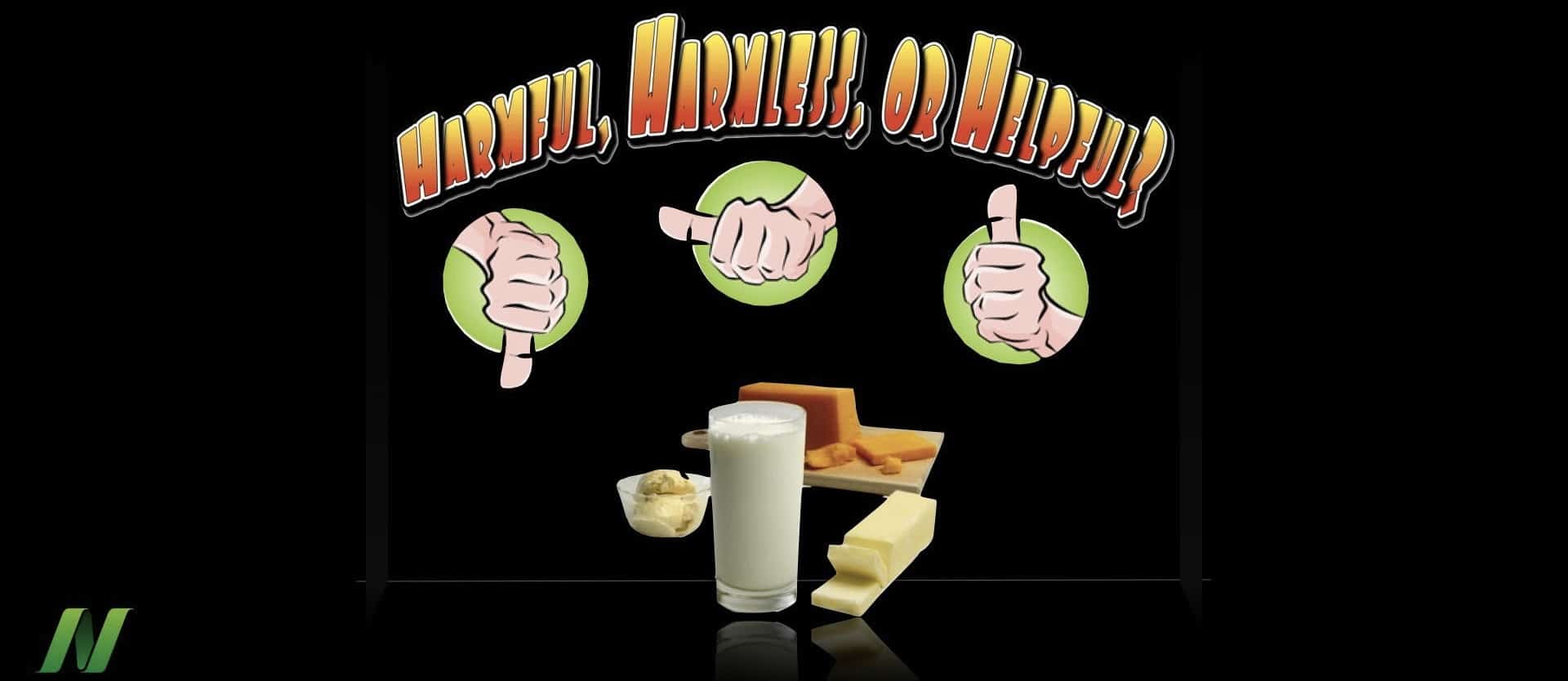The RDA for calcium is based on a protein-heavy meat-based diet. It is artificially high to compensate for the acidification of the blood caused by excess protein.
Vegans don't need as much calcium if we don't overdose on protein. I don't know if anyone has done a study to see what a more appropriate vegan RDA would be, but it is not something to stress about.
Remember that cows don't make calcium. You can only make calcium in a nuclear reactor! Cows get all their calcium form their diet, which is vegan.
The idea that protein from meat leaches calcium from bones is wrong as far as I know. The bottom line is that people need plenty of dietary calcium. The reason people consume dairy is that in some parts of the world, it's a great source of calcium. You don't need milk for calcium but you do need calcium. This is one example of the fact that humans *have* adapted to eating animals.
Many people have a high need for dietary calcium and it's wrong-headed to assume that for some reason vegans need less.
I will offer something I think I've said here before. I will not say this is correct though personally I believe it is more or less right. I don't know if more research has been done.
A little while back, a paper was published that proposed a mechanism to explain high dietary calcium demand. It suggested that the adaptation to lactase-persistence (which is how people came to consume dairy into adulthood) had a concomitant co-adaptation. That adaptation was a change in the efficency with which dietary calcium intake was metabolised within the body to ensure calcium homeostasis. The end result was that where before the lactase adaptation people got by with a low calcium intake, those with the adaptation needed more. On top of this, consuming milk as fermented milks and soft cheeses - as people did back then - led to a naturally high intake of Vitamin K2 which is important for ensuring propoer metabolising of calcium. So those people also adapted to lower endogenous conversion of K1 to K2.
The end result is that modern, lactase-persistent peoples need plenty of dietary calcium. They also need Vitamin K2 to help proper deposition of calcium in bones and not in artery walls. The downside is that non-lactase persistent people (for example, most African Americans) retain the historical calcium metabolising mechanism and do NOT need so much calcium.
What all of this means is that lactase-persistent people (eg Europeans) need plenty of dietary calcium. They also may be subject to osteoporosis in later years. These people should also aim to get appropriate intake of Vitamin K2 to help prevent atherosclerosis. Non lactase-persistent people such as African Americans on the other hand who consume too much milk (that is, get too much dietary calcium) may experience elevated rates of certain cancers, particularly calcium-ion mediated cancers like triple-negative breast cancer.
Again, this is not nutritional advice and I do not know if any other research backs this up, so no-one should act on this information contrary to formal nutritional advice. Consider this a FYI only. I have spoken to original researchers about this and there remains some confidence this is how things happened. I ensure I drink calcium fortified milk (rather than use calcium supplements which may be associated with elevated cancer risks) and take Vitamin K2 supplements (when I can't get hold of Natto).




